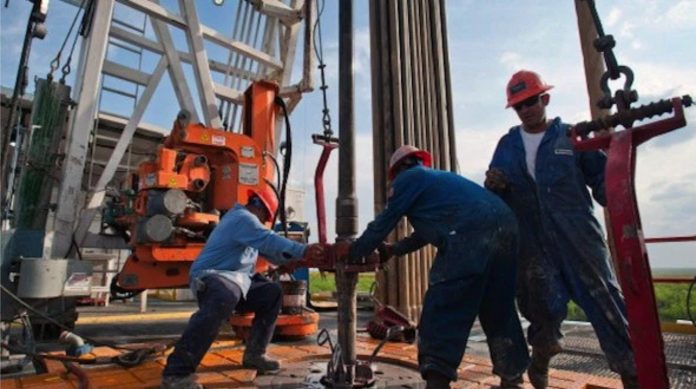Foreign investors set to fund the construction of around 20 modular refineries in Nigeria have put their plans on hold due to uncertainties about securing crude oil supplies for these facilities once they are operational. The inability of international oil companies (IOCs) operating in Nigeria to provide firm guarantees for crude supply has led financiers to withhold their funds.
Despite Nigeria being Africa’s largest crude oil producer, most of its crude is exported to generate foreign exchange, leaving domestic refiners struggling to secure the necessary resources. The country has 25 licensed modular refineries, with only five currently operational, producing diesel, kerosene, black oil, and naphtha. Ten others are in various stages of completion, while the remaining have received licenses to establish but face significant funding challenges due to crude supply issues.
Eche Idoko, Publicity Secretary of the Crude Oil Refinery Owners Association of Nigeria (CORAN), explained that the financiers require assurances that crude oil will be available once the refineries are completed. “Only about five of our members have completed their refineries. The others are having a major challenge because the people who are supposed to finance them have not disbursed funds for construction, needing guarantees of feedstock availability,” Idoko stated.
CORAN, a registered association of modular and conventional refinery companies in Nigeria, has been pushing for regulatory changes. According to Idoko, the Nigerian Upstream Petroleum Regulatory Commission (NUPRC) has been reluctant to provide the necessary guarantees, citing concerns that refiners might divert the feedstock rather than completing the refineries.
The Federal Government has also been urged to ensure that IOCs prioritize supplying crude to domestic refiners. The current regulatory framework under the Petroleum Industry Act (PIA) specifies that crude oil can only be supplied to refineries after they achieve mechanical completion, a stipulation that has not satisfied the financial backers of the modular refineries.
Responding to the industry’s demands, NUPRC Chief Executive Officer Gbenga Komolafe clarified that while the commission ensures compliance with the PIA, it cannot guarantee crude supply for refineries that are not yet operational. “Establishing a refinery is a commercial engagement, and the commission cannot provide any form of guarantee for non-existent refineries. However, we have a regulation in place for the domestic crude oil obligation to ensure supply to licensed and operating refineries,” Komolafe said.
The issue of crude supply is critical as it affects not only the viability of modular refineries but also the broader goal of making Nigeria a refining hub in West Africa. Operators argue that ensuring steady crude supply to domestic refineries will enhance local production, reduce import dependence, and stabilize the market for refined products.


